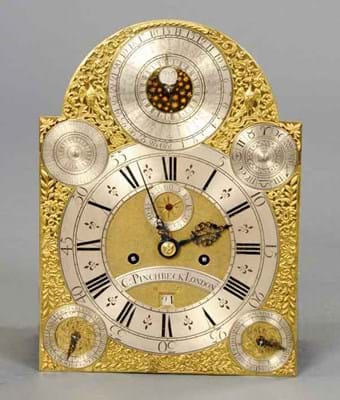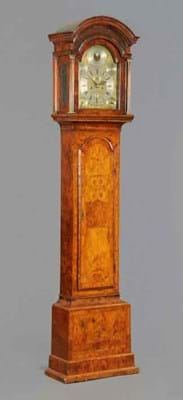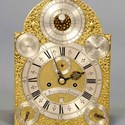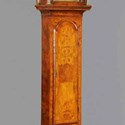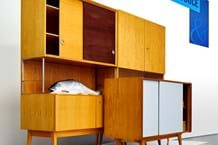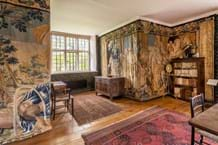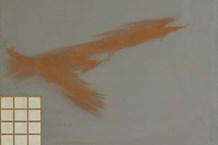It was a question of keeping it in the family - this clock was made by London clockmaker Christopher Pinchbeck (1670-1732), almost certainly his ancestor, and after a battle with another phone bidder Robin's was the winning bid at £29,000, racing past the estimate of £12,000-18,000 in the Cumbria saleroom.
The clock, made c.1725, will now go back to London, and Robin said: "I had been looking for a Pinchbeck clock for probably the best part of ten years. I had a chap called Brian Loomes on the lookout for me and we looked at a couple that came up but hadn't been right, but this one was pretty special, so it was the right one to go for."
When it was last seen at auction in Wakefield in 1952 it made £230 and had been in the ownership of a property in the northern Lake District ever since.
Christopher Pinchbeck (1670-1732) of Clerkenwell, then Fleet Street, London, was a clockmaker particularly known for musical and astronomical clocks, who is actually better known for inventing a metal with the appearance of gold: 'Pinchbeck metal'. This alloy of zinc and copper was often used for watch cases in the 18th century.
His elder son, also called Christopher (1710-83), became King's Clockmaker to George III, supplying a complicated astronomical clock in the 1760s which is still in Buckingham Palace.
In keeping with this theme of family tradition, the link has been continued by a Lincoln firm of watchmakers now run by a Paul Pinchbeck - who is in fact Robin's cousin.
The company is named after their grandfather, Harold Pinchbeck (1892-1957), who trained as a watchmaker in Hull before setting up business in Lincolnshire in the 1920s.


